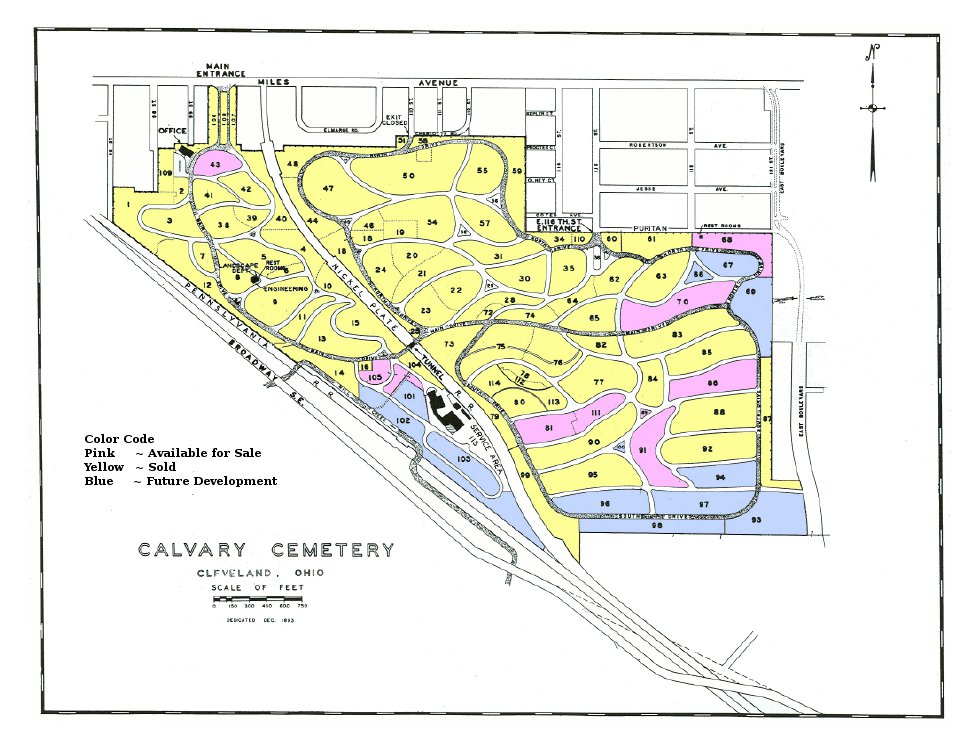Ed Delahanty
Not-So-Fun-Fact
Ed Delahanty died when he fell from the International Bridge on a Thursday night, swept over Niagara Falls, and was taken from the river at the lower Niagara gorge. It all started with a long train ride from Detroit to NYC, and Big Ed decided to down five shots of whiskey. The liquor made him uncontrollable. He crashed into an emergency tool cabinet, breaking the glass. He pulled a woman by her ankles out of her berth, then began threatening passengers with a razor. A drunken Delahanty was terrifying other passengers with an open razor so much so that the conductor simply removed him from the train at Bridgeburg at the Canadian end of the bridge. Delahanty began to walk across the bridge illegally when he simply fell off the tracks.
When they found the body a week later his mangled corpse was missing a leg and was found with an unrelated female body nearby.
Cemetery Information:
Final Resting Place:
Calvary Cemetery
10000 Miles Avenue
Cleveland, Ohio, 44105
USA
North America
Map:

Grave Location:
Section 10, Lot 135B, Grave 7Grave Location Description
As you enter the cemetery find the intersection of Sections 9, 10 and 11. Ed Delahanty can be found 3 rows from the road at the intersection.




